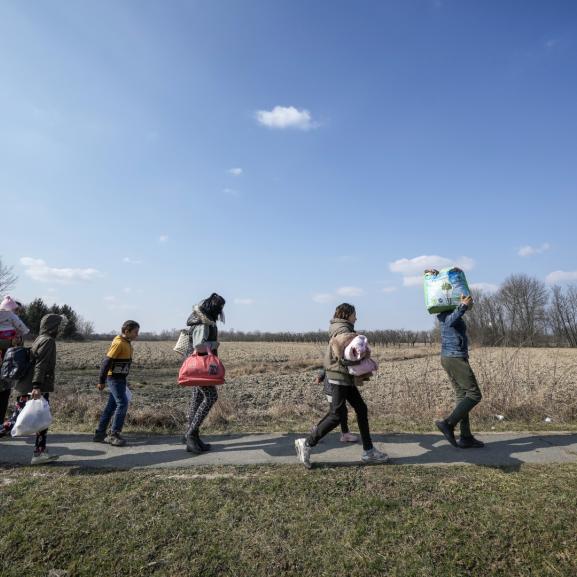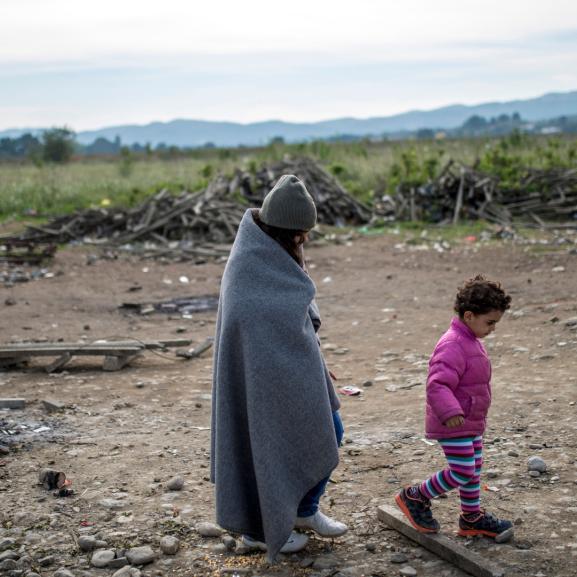Inadequate Department of Health guidance compromising patient health
Health practitioners are failing in their duty of care because of unclear and contradictory guidance from the Department of Health, warns the Medical Foundation for the Care of Victims of Torture (MF), which has joined other NGOs in calling for the immediate recognition of asylum seekers' health care rights.
A High Court ruling in May 2008 established that all asylum seekers, including those whose cases have been refused, are entitled to free primary and secondary health care and that care should be provided on the basis of clinical need, not on the basis of a patient's immigration status.
The judgement overturned previous NHS guidance which required health practitioners to identify chargeable migrants. It clearly stated that refused asylum seekers should not be charged for health care while they remain in the UK, and only when removal directions are issued against them do they cease to be eligible for free health care.
Despite this ruling, however, many refused asylum seekers are still being denied access to services because of conflicting guidance given to frontline clinicians. Adding to the confusion is a letter from the Department of Health's (DoH) Chief Executive to GPs, Primary Care Trusts and other practitioners which contains fundamental inaccuracies about how to implement the Court's ruling.
Presenting its findings to the Joint Committee on Human Rights (JCHR) in July, alongside other NGOs including Medact and Médecins du Monde, the MF highlighted the cases of two torture survivors whose health has been compromised.
In one case, an Iranian woman being treated for PTSD after being tortured and raped while in custody in Iran was turned away by a GP practice on the grounds that she was an asylum seeker. She only received treatment after the MF intervened.
In a separate case, a GP refused to continue treating a rape victim from the Democratic Republic of Congo after her asylum application was refused. With the help of the MF, she was able to register with another practice where an interpreter was provided, enabling her to disclose details of her history and begin treatment for problems she had been experiencing for over a year.
Senior MF clinician Dr Angela Burnett said: "At the MF, we bear witness on a daily basis to those collapsing under the inadequacies and burdens of the asylum process. Both of these cases, and there are many more, illustrate that even those who presently have the right to access health care are unable to do so because of the failure of decision makers on the frontline of the health care system to implement the correct guidelines.
"The risks to individual and to public health are obvious. Our key concern is the DoH's inadequate efforts to communicate the decision of the Court to all those with a responsibility for providing health care. There is a clear need for a much more vigorous approach on the part of the DoH to clearly and comprehensively communicate to PCTs, GPs and Trusts what the effect of the High Court ruling is, with the intention of ensuring that people get the health care they need and are due."






